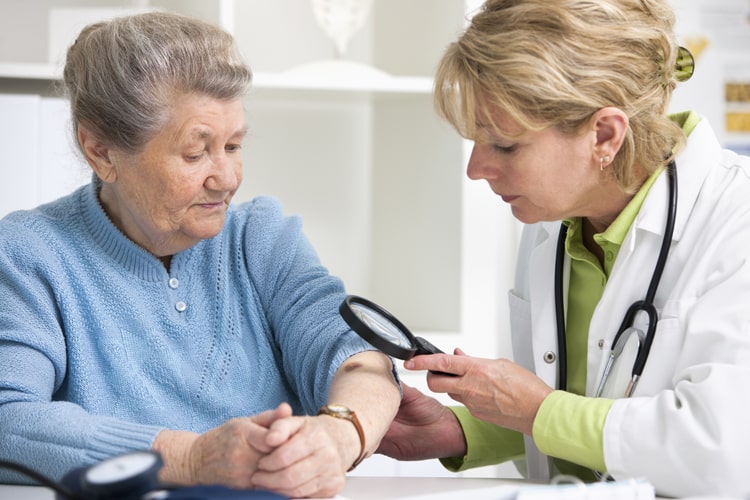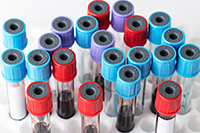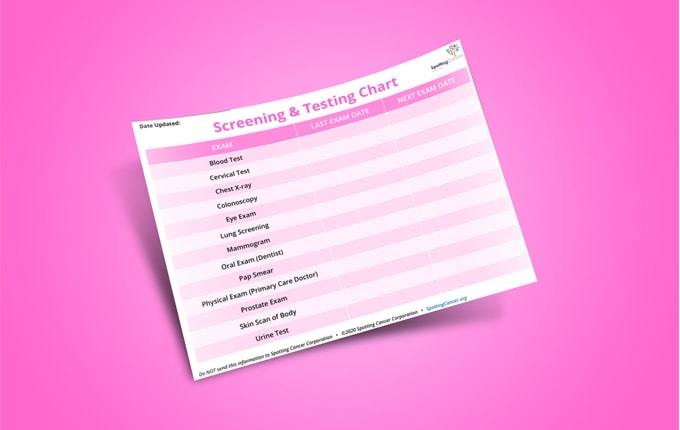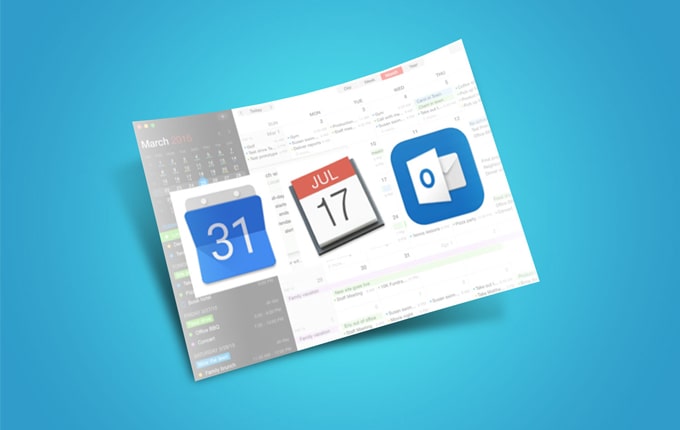Skin Scan of Body (86, 87)
Cancer screening & testing helps you #SpotandSurvive

Skin cancer is the most common form of cancer. However, if detected at an early stage and treated in a timely manner is highly curable. Skin scans check for changes in existing moles, birthmarks, sores or other marks as to their color size, shape, or texture.
There are many types of skin cancer: actinic keratosis, basal cell carcinoma, squamous cell carcinoma, and finally, melanoma, which is the deadliest.
Skin cancer can occur any place on your body. It can also occur frequently in unexpected or difficult areas to see, such as in between your toes or on your back. It is critical to have an initial visit with your skin doctor to establish a charted baseline, which you can then use for self-exams and for follow-up visits with your medical provider.
Screening Methods:
A skin cancer screening should be done by a medical professional. The process takes about 10 minutes. During this time, every part of your body from head to toe will be visually inspected. Some spots will be looked at with a bright light and a magnifying glass. If there is an area that looks questionable, a biopsy is taken, and the sample is sent to a lab for evaluation.
Ask your medical professional to provide you with a detailed copy of the screening chart. This will assist you during your self-exam so you can determine any changes that may have occurred.
Preparation:
Wear no makeup or nail polish. Hair should be loose.
Watch this video to see what happens during a skin cancer screening.
Source: Academy of Dermatology
This is just one example of a skin cancer screening. The processes vary, depending on your doctor’s office or screening center.
When:
There is no substitute for yearly examinations from your dermatologist or physician. If you are in a high-risk category for skin cancer, you will be advised to have regular exams more frequently, as prescribed by your medical team or provider.
In addition, it is critical to give yourself a monthly self-exam and document any changes. Should you see any changes, consult your medical team immediately for further direction.
Spot Cancer
Get reminder emails, tips, and resources to develop your spotting cancer habit when you join the Cancer Detection Squad

Take Action
Regular screening & testing is necessary to to spot cancer before it’s too late. Talk to your doctor or medical provider today to learn what cancer screening & testing is right for you.
you can
when you download and use our guides
Get the Screening & Testing Skin Scan
Download the guide to help you understand how a Skin Scan works and to learn the best time to schedule a screening. Share with your friends and family to help raise awareness on the importance of early cancer detection.
Get the Screening & Testing Scheduling chart
Download the interactive Screening & Testing Scheduling chart to help you keep track of important screening and testing schedules. Download today!
Save a Body Monitoring and Screening & Testing schedule
Regular monitoring and testing is a life-saving habit. Save a Body Monitoring and Screening & Testing schedule to your Google Calendar or iCalendar to stay on track!
You're on Step 5

Step 1:
Signs & Symptoms
To monitor yourself for early cancer detection, you must know the cancer signs and symptoms. A listing of the various signs and symptoms are just a click away.

Step 2:
Body Monitoring
Cancer grows 24/7. Therefore, you must monitor your body to detect any abnormality between regular doctor visits or screenings. The tools and methods are described in this section.

Step 3:
Family History
Knowing and charting your family medical history will help your medical team as they develop a long-term wellness program suited to your unique needs.

Step 4:
Medical Team
Cancer is not self-healing. Therefore, when spotting a cancer sign or symptom, consider it a red flag that should cause you to consult your medical team immediately to determine if it is cancer or another illness.

Step 5:
Screening & Testing
Not all cancer signs and symptoms are visible. You should establish specific times for the various cancer screening and tests with your medical team.



